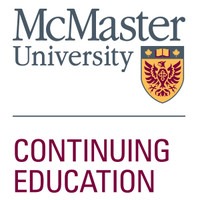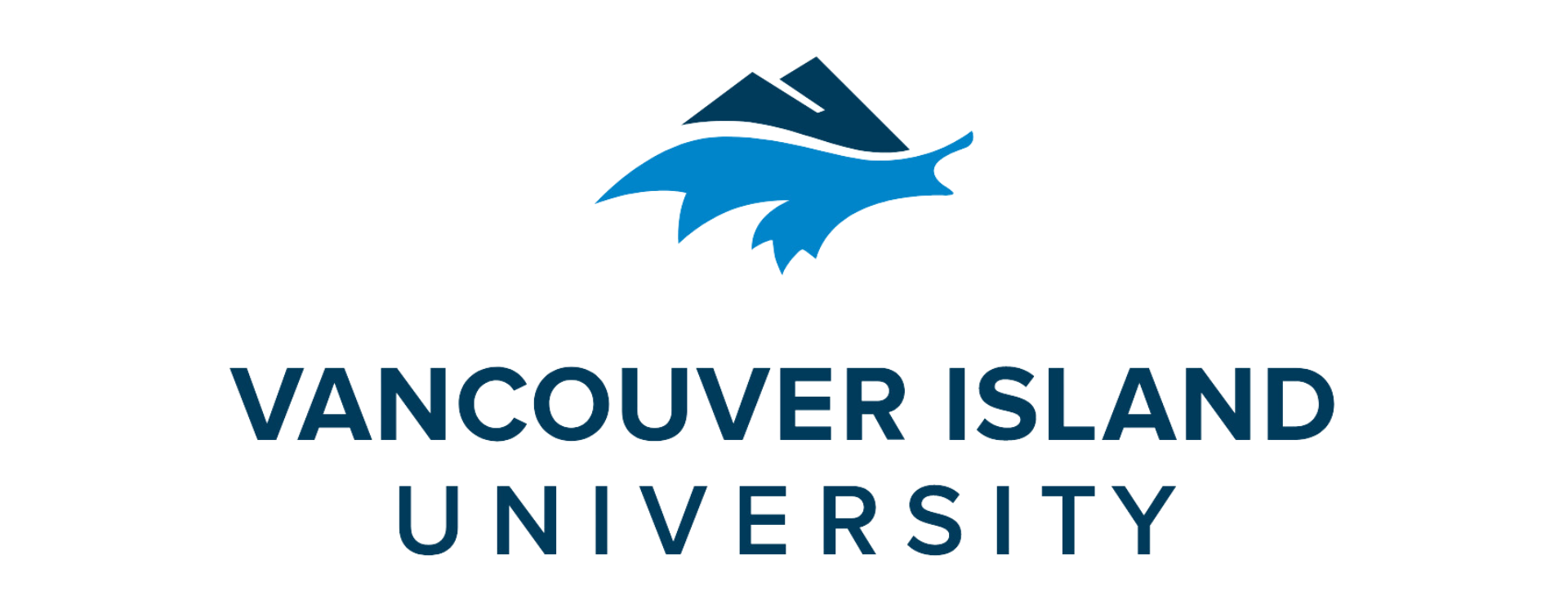- Portals
-
-
 Hamilton, Ontario, Canada
Hamilton, Ontario, Canada
-
Achievements
Latest feedback
Experience feedback
Experience feedback
Experience feedback
Recent experiences
Data Analytics and Modelling - Spring 25
DAT 201
This course is part of the Data Analytics certificate program. Students in the program are adult learners with a post-secondary degree/diploma in computer science, engineering, business, etc. This course offers an introduction to data science and machine learning paving the way for students to learn data analytics principles. In particular, this course begins with a brief history of data analytics and data science, followed by regression analysis, regression and classification trees, and ends with introductions to K-means clustering, principal component analysis (PCA). Each lecture has associated with it a practical lab session in which students will put "theory into practice" offering students a hands-on approach to learning the material.
Data Analytics and Modelling - Spring 25
DAT 201
This course is part of the Data Analytics certificate program. Students in the program are adult learners with a post-secondary degree/diploma in computer science, engineering, business, etc. This course offers an introduction to data science and machine learning paving the way for students to learn data analytics principles. In particular, this course begins with a brief history of data analytics and data science, followed by regression analysis, regression and classification trees, and ends with introductions to K-means clustering, principal component analysis (PCA). Each lecture has associated with it a practical lab session in which students will put "theory into practice" offering students a hands-on approach to learning the material.
Data Management - Spring 2025
DAT 202
This course is part of the Data Analytics certificate program. Students in the program are adult learners with a post-secondary degree/diploma in computer science, engineering, business, etc. This course explores the importance of managing data as an enterprise asset and the processes and components required in terms of the acquisition, storage, sharing, validation and accessibility of data for addressing business problems. An examination of Database Management Systems, database architectures (structured and non-structured) the differences between OLTP (Online transaction processing) OLAP (online analytical processing) as well as the administrative processes (Data Governance) that guide the data lifecycle will be a focus.
Data Programming II - Spring 25
DAT 303
This course is part of the Big Data Programming and Analytics certificate program. Students in the program are adult learners with a post-secondary degree/diploma in computer science, engineering, business, etc. This course is designed to present the fundamental concepts and theories in Data Analytics and promote the application to the workplace and professional practice. Students begin with an exploration of MongoDB which is a document database with scalability and flexibility for queries and indexing, and progress to the ELK stack – a technology stack used for logging with different components, such as Elasticsearch, Logstash, and Kibana. Course activities will include instructor presentations, required readings and experiential learning activities (i.e. case studies, group discussions, projects, etc.).
